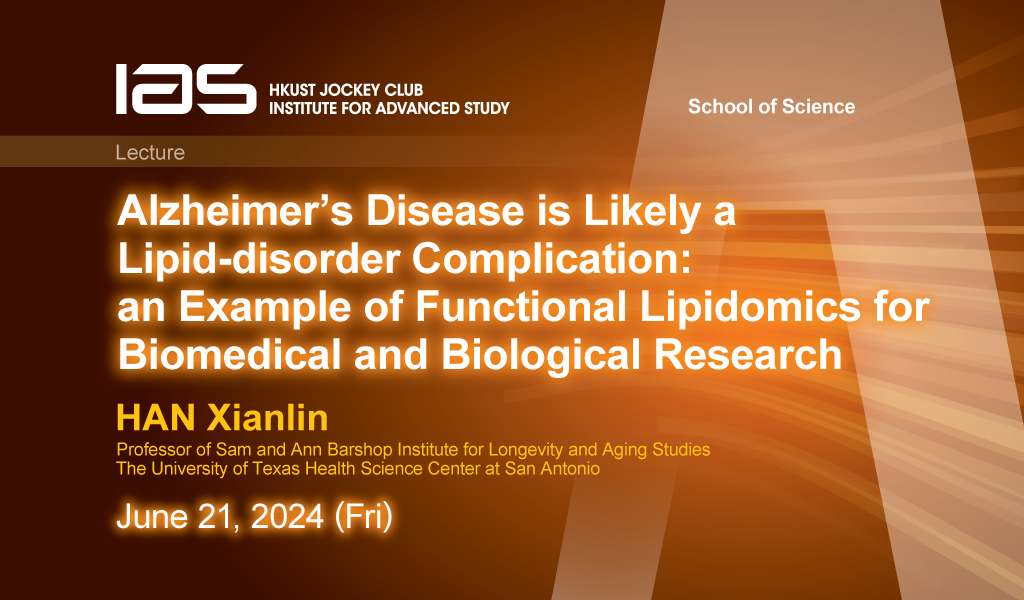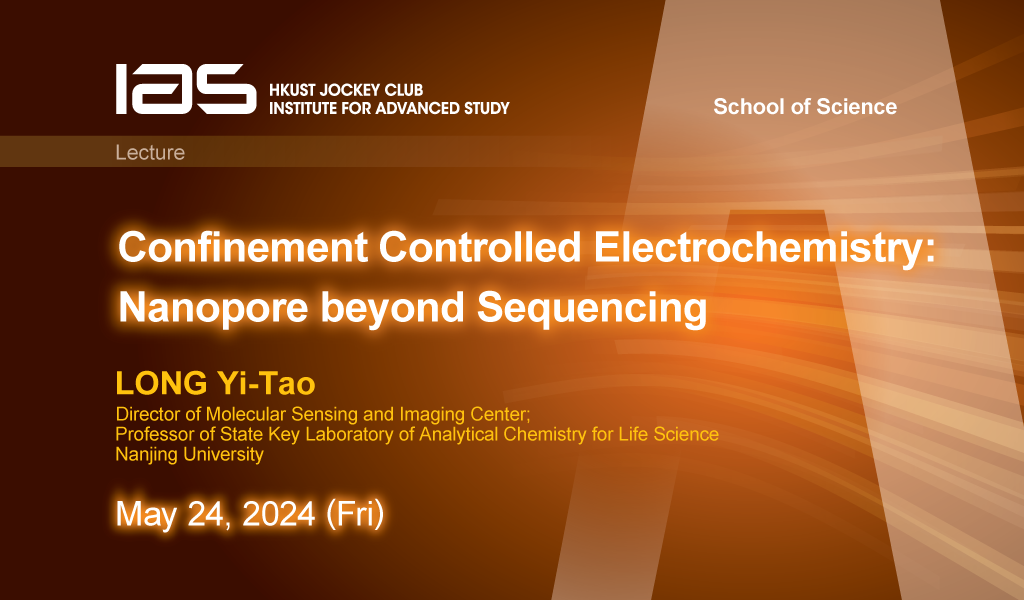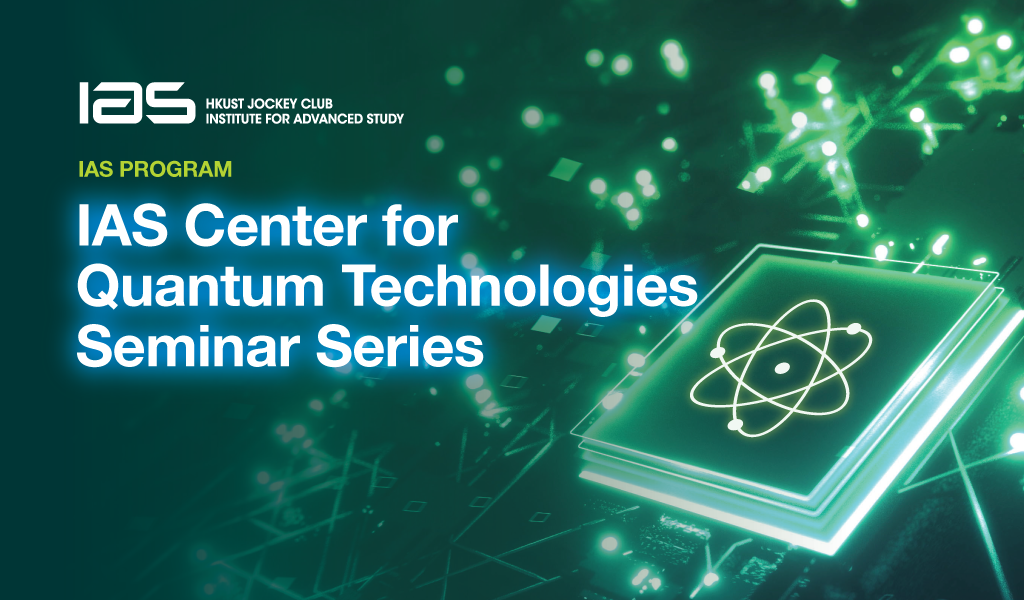For Attendees' Attention
This talk will be held online via Zoom. To attend, please join the Zoom meeting at https://hkust.zoom.us/j/92503111371 (Meeting ID: 925 0311 1371 / Passcode: 475970).
Abstract
Electron-nuclear spin systems based on optically active defects in diamond provide a promising platform for distributed quantum simulations and computation. In this approach, optically active defect spins are used to form multi-qubit processors that can be linked together in a network through photonic links [1,2]. Quantum error correction and computations are then distributed over the network.
In this talk, the speaker will introduce such spin-based distributed quantum computations and present the recent progress. In particular, he and his research group have recently shown that it is possible to control large numbers of nuclear spins around a single NV center [1], and to use these qubits for quantum simulations of many-body physics [3] and for encoding fault-tolerant logical qubits [4].
References:
[1] C. E. BRADLEY et al., Phys. Rev. X. 9, 031045 (2019)
[2] M. POMPILI et al., Science 372, 259 (2021)
[3] J. RANDALL et al., Science 374, 1474 (2021)
[4] M. H. ABOBEIH et al. Nature 606, 884 (2021)
About the Speaker
Prof. Tim TAMINIAU obtained his MS in Applied Physics from the University of Twente in 2005 and his PhD from the ICFO – The Institute of Photonic Sciences in 2011. He was a Postdoc at the Kavli Institute of Nanoscience in the Delft University of Technology (TU Delft) in 2011-2014. He is currently a Group Leader in the Quantum Internet Division of QuTech, a collaboration between TU Delft and the Netherlands Organisation for Applied Scientific Research.
Prof. Taminiau investigates solid-state spins and their applications for quantum information and physics. His group uses a combination of quantum optics, magnetic resonance and nanoscale fabrication to detect and control individual spins associated with defect centres. They aim to answer questions such as: How does decoherence emerge in complex quantum systems? Can we protect quantum coherence, in principle, indefinitely so that large-scale quantum computations become possible? And does quantum mechanics continue to accurately describe such extended large-scale quantum systems?
Prof. Taminiau is the recipient of the 2015 Fresnel Prize for fundamental aspects by the European Physical Society.
About the Center
For more information, please refer to the center website at https://iascqt.hkust.edu.hk/.




